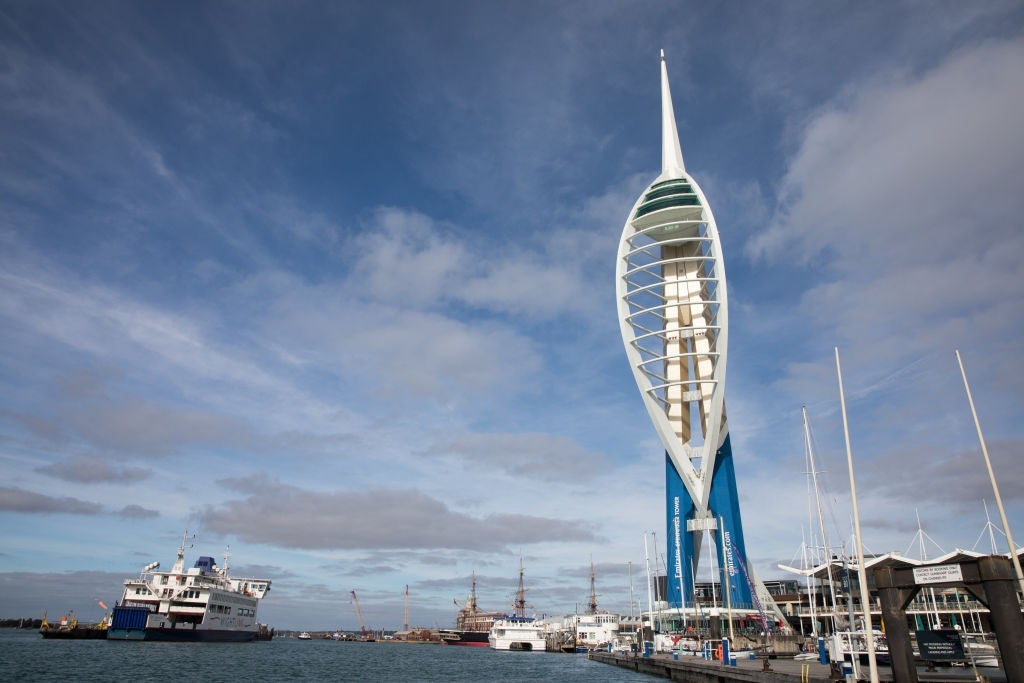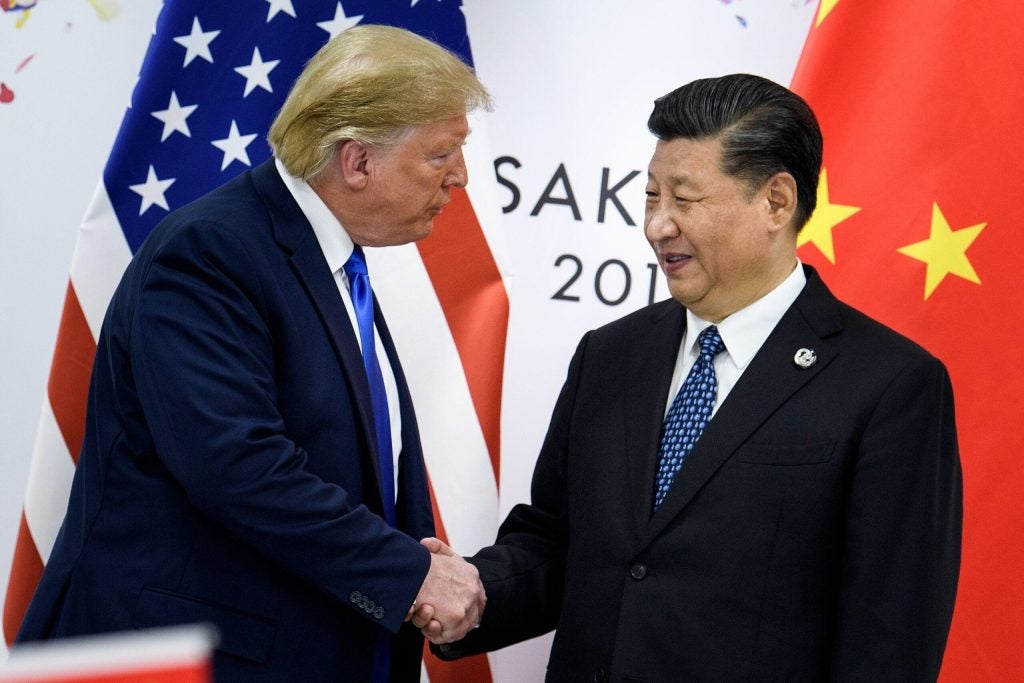
Since the handover, I’ve been back to either Hong Kong or China pretty much every year. People often ask me if I’m taken aback by the speed of change over the last decade. I’m not: I’d already seen developments on a similar scale during the ‘80s and ‘90s.
My first experience of China came in 1979 when, as a young MP, I visited Shenzhen on the Hong Kong border and then travelled up to Shanghai. Memories from that trip are a good indicator of how far things have come. Back then, Shenzhen, which was the first of the country’s Special Economic Zones and is now one of the fastest growing cities in the world, was a simple fishing village.
During my stay in Shanghai, I remember our delegation decided to visit the Peace Hotel to hear a jazz band. It was nine o’clock in the evening, and we were struggling to find our way along the Bund area in virtual darkness, shuffling from one dim electric light bulb to another. One thing Shanghai certainly doesn’t lack for these days is light. The city has 4,000 skyscrapers, twice as many as New York, with another 1,000 planned for the next few years.
What has become noticeable is that the cranes that were long synonymous with the Hong Kong and Shanghai skylines can now be seen in increasing numbers in cities across the country. When I was in Shenyang a few years ago, I looked out of the hotel bedroom window and they were all one could see. I think I’m right in saying that between 2000 and 2030, half of the new buildings put up in the world will have been constructed in China. Many of them will be in hospitality.
In ten or 20 years’ time, I can see Asians, rather than Germans and Swiss, managing most of the world’s top hotels. They’re fantastic in China. Admittedly, that’s partly down to the staff-to-guest ratio, but I also find them to be extremely professional, comfortable and one always receives a fast and reliable service. Most of the five stars are currently managed by Europeans, but the Chinese are coming through into management positions. I was staying in Hong Kong recently, where properties are without parallel, and got talking to the young man who was looking after my room. It transpired that he was doing an MBA in London. The talent is there and they seem to be nurturing it.
See Also:
The large multinationals need to be careful, though. Planning, development and ownership rights are becoming increasingly contentious issues in China. They’ve attracted a lot of political demonstrations over the years and people have to be extremely considerate as to how they behave.
How well do you really know your competitors?
Access the most comprehensive Company Profiles on the market, powered by GlobalData. Save hours of research. Gain competitive edge.

Thank you!
Your download email will arrive shortly
Not ready to buy yet? Download a free sample
We are confident about the unique quality of our Company Profiles. However, we want you to make the most beneficial decision for your business, so we offer a free sample that you can download by submitting the below form
By GlobalDataMy favourite hotel in Beijing? I’ve stayed at several and all I can say is that they’ve never been quite up to Hong Kong standards. It would be invidious to name a favourite hotel in Hong Kong; I have too many friends and don’t want to upset any of them. Wherever one goes, provided you can avoid eating such delicacies as cockerel’s testicles or dog, the food will be superb.
LOOKING FORWARD
Another great thing about travelling the country today is that internal communications have improved enormously. One city after another has invested in new airport terminals, road networks and railway. It is a great regret that I’ve never had the opportunity to travel China by train: it’s very important that one sees the back garden as well as the airport; nothing serves that purpose better than long rail journeys.
I look back over the years and things have become far more open. Just recently, I was chairing a discussion on modern Chinese novels. Such a concept would have been inconceivable 10 or 20 years ago. The art and film industries are also progressive and booming.
It is true that China is far from perfect. There are terrible problems of social equity and huge environmental concerns – not least the air quality in Beijing. There is also a political system that is completely out of line with what is happening economically and socially. We should still be grateful that China is doing well rather than remaining dirt poor. Its success is not a threat to the rest of the world; it’s a huge opportunity.
With that in mind, I’m supportive of Beijing staging the Olympics. It gives the country an opportunity to come out and celebrate the fact that it has become such a significant global economic player.
There are bound to be protests in Beijing and elsewhere in the country, and these will be attended by around 30,000 foreign journalists. I hope that the Chinese will deal with such events with restraint and dignity – that would be the way to demonstrate that things have truly changed for the better.
Just because I’m supportive of the Beijing Olympics doesn’t mean I’m excited. Will I be going? No. Will I be attending the Olympics when they come here to London? Certainly not! I struggle to think of anything worse.






